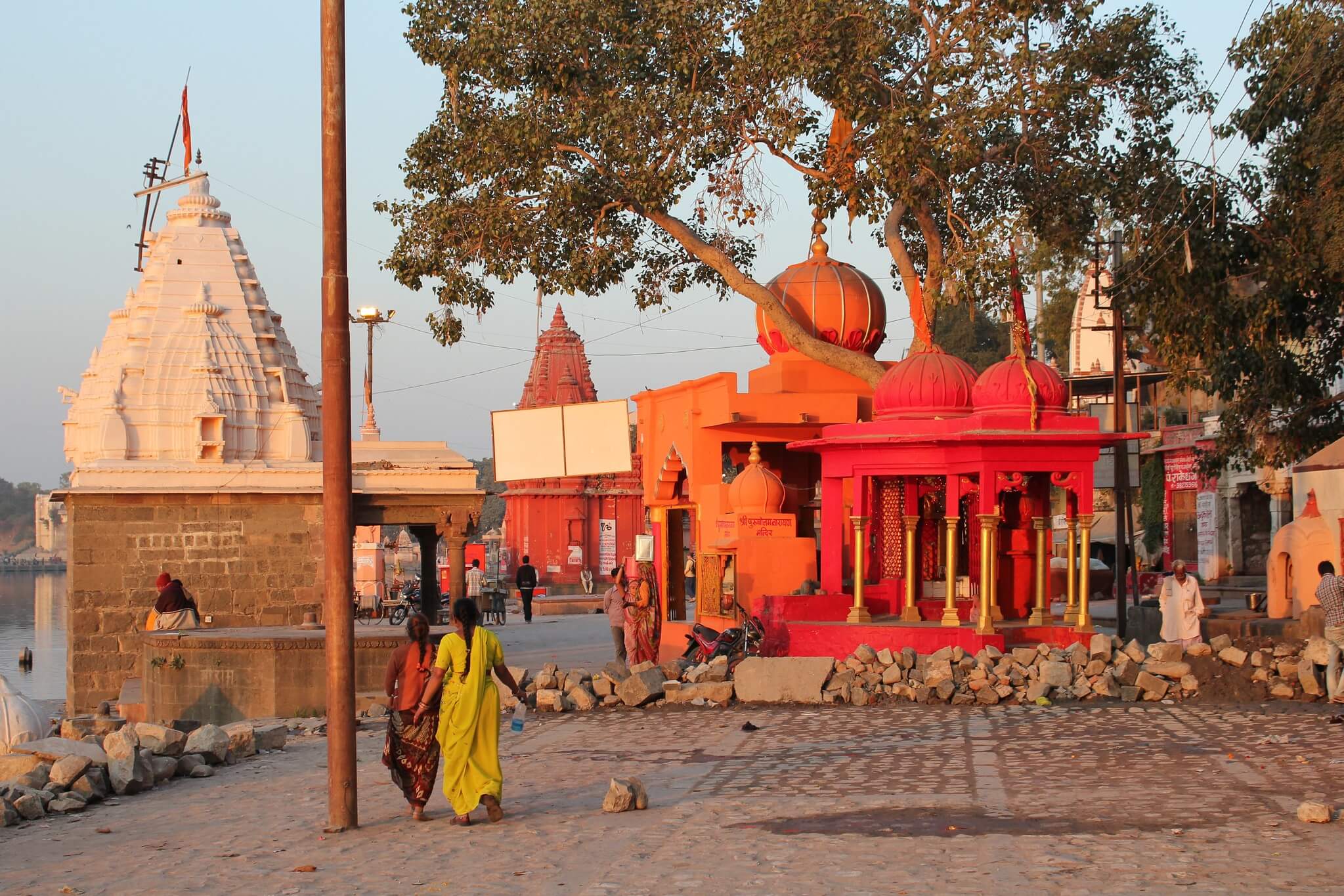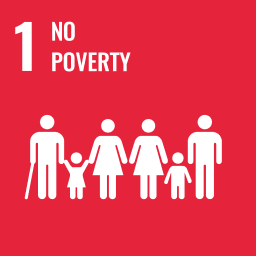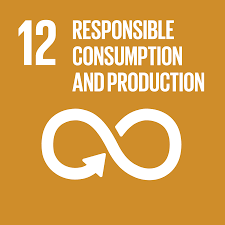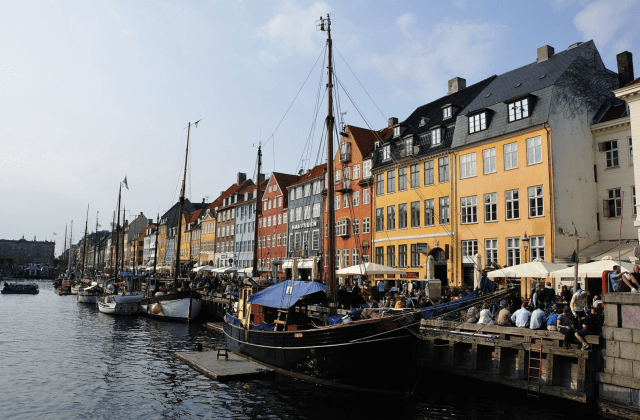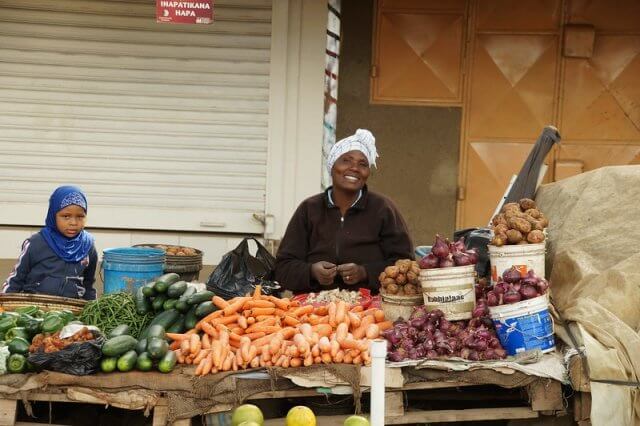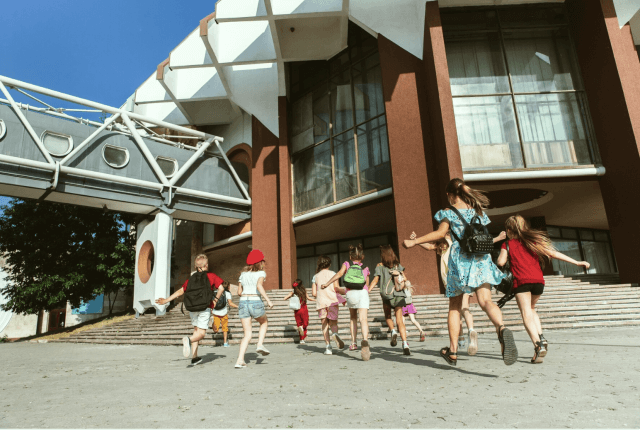The action and its aims
Ujjain has adopted an inter-departmental participatory strategy that prioritises the health of citizens and promotes tourism. The primary objective of this approach is to ensure collaboration and coordination among different sectors in safeguarding public health and enhancing tourism opportunities.
When it was introduced
The strategy was introduced in 2022.
Why it was needed
Ujjain is a religious city and is visited by 100,000 pilgrims a day.In Ujjain you can find the Mahakala Temple, one of the most sacred Hindu sites in India. As the tourist and food sector grew significantly inter-departmental collaboration was necessary to improve its governance.
Who initiated it, who is involved
The inter-departmental participative approach was initiated by the city of Ujjain. In the Special Committee that was established, participant members from related departments such as Municipality, Food and Drugs Administration, Education, Horticulture, Agriculture, Public relations, and Health are active.
Impacts to date
For any updates visit Ujjain city website.
